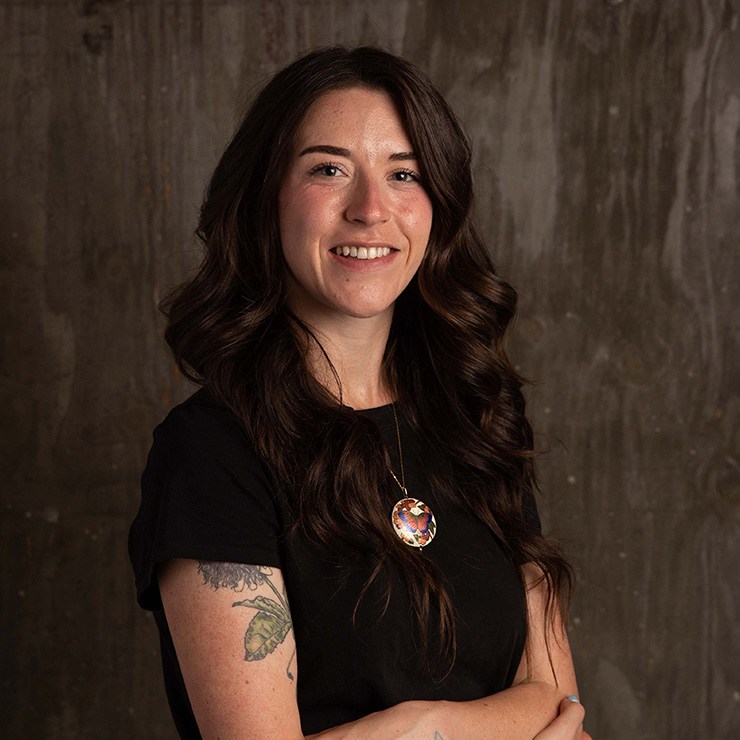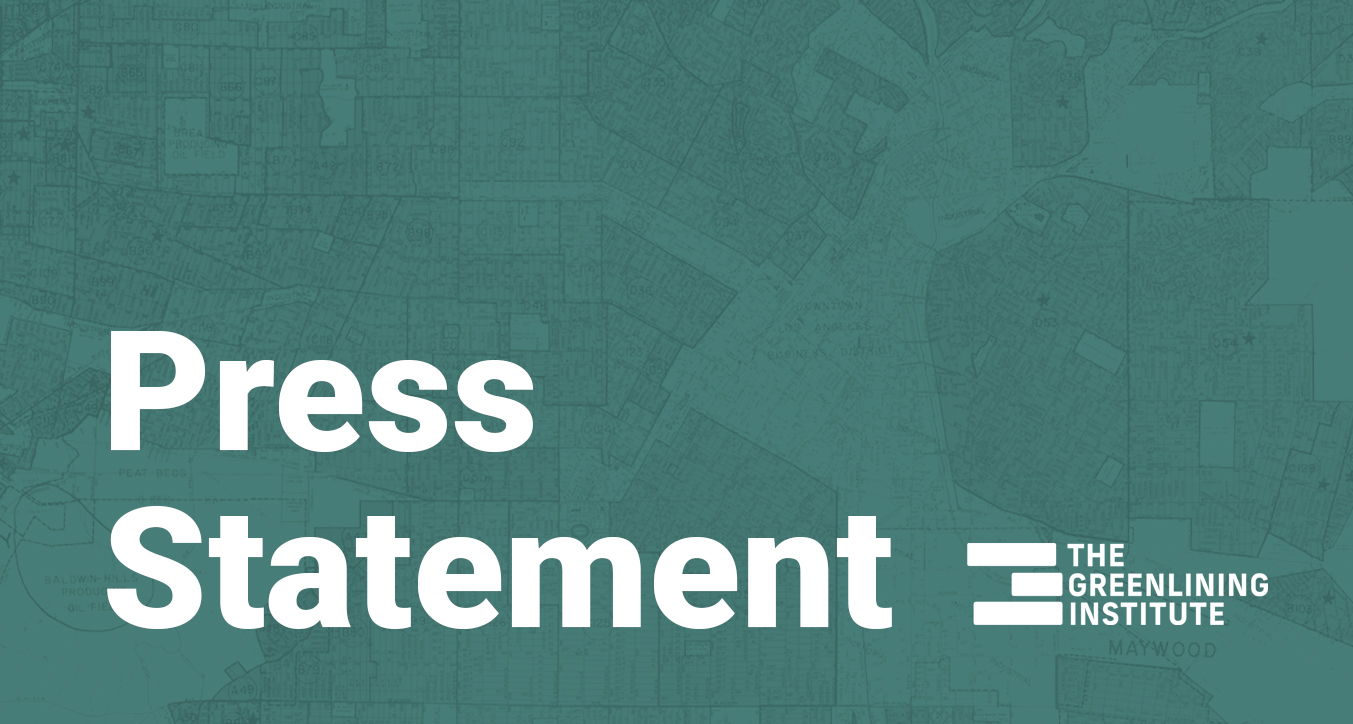Coronavirus life not sweet, especially for minorities

Media Contact
Danielle Bell
SENIOR PROGRAM MANAGER FOR MEDIA RELATIONS
media@greenlining.org danielle.bell@greenlining.orgBy Otis R. Taylor Jr.
San Francisco Chronicle
David Benton opened a pastry shop in East Oakland’s Millsmont neighborhood a week before Thanksgiving.
He chose a storefront on MacArthur Boulevard to sell his cupcakes and cookies because he didn’t want to be another trendy spot near Lake Merritt or downtown.
“I wanted to do it over here, because I live over here,” said Benton, 46. “I really wanted to do that in this neighborhood.”
It took him two years to get Sugarsweet Cookie + Cake Studio up and running, but after less than five months in business, the coronavirus has burned a hole in his future.
As the pandemic sweeps across the country, it’s disproportionately impacting black people. Last week, the Associated Press reported that blacks made up about 42% of the country’s first coronavirus-related deaths where demographic data were available, but only 21% of the population.The coronavirus could also financially decimate black business owners like Benton.
When times get tough, black people can feel this country’s history of marginalization and oppression in our bones.
“I said it at our council meeting — that old trope, when America catches a cold, we catch pneumonia,” Oakland City Councilwoman Lynette Gibson McElhaney told me.
Take note, because the legacy of redlining, the systemic and discriminatory practice of refusing to issue loans or insurance to neighborhoods inhabited by black and brown people, is at play.
In lower-income areas, there’s always been less access to health care services, and residents are more likely to have underlying health conditions such as asthma, diabetes, hypertension, heart disease and cancer — conditions that make the coronavirus infections more deadly. Oakland’s leaders know that what’s happening in New York, New Orleans and Chicago could happen here.“What we’re seeing in the other cities in terms of the disproportionate impact should not be a surprise to anybody because of the health disparities that exist and have existed within the black community,” Oakland City Councilman Loren Taylor said.
The situation for black communities could get more grim. If the last recession this country endured is any indication, black people can expect to emerge poorer. And unhealthier.
Racism and discrimination are often factors in determining the health and economic outcomes of black people.
A 2014 report by the Pew Research Center, a nonpartisan think tank that conducts public opinion polling, demographic research and content analysis, found that the median net worth of black households dropped 43% during the great recession that followed the 2008 financial crisis. More than a decade later, somehow, people of color are still paying the price for Wall Street’s collapse.In Oakland, where blacks are 28% of the city’s population, a 2017 study conducted by City University of New York’s Institute for State and Local Governance revealed that 1 in 4 blacks and more than 1 in 5 Latinos live at or below the federal poverty level. What’s more, 70% of Oakland’s 4,000 homeless people are black, according to a survey administered by Alameda County.That just doesn’t add up. The narrative of American exceptionalism and pulling yourself up by the bootstraps doesn’t neatly match the reality of segregation and disenfranchisement.
“If you’re poor and you’re not doing well, it’s because you’re lazy. You’re lacking,” said Debra Gore-Mann, president and CEO of the Greenlining Institute, a racial equity organization. “The implication is that the individual is failing and not the system.” The system is broken. It doesn’t need to be repaired or restarted. It needs to be reimagined.
“This whole push from this administration to hurry up and open the doors is because the longer that we sit in this malaise, the more we realize how broken it is,” Gore-Mann said.
Yes, we’re tired of working from home — if we’re fortunate to still have a job, unlike the 2 million Californians who have filed for unemployment in the past three weeks. Still, this is time well spent thinking about the kind of state and country we want to live in. There’s no rush to get back to normal.
“Normal was inadequate,” Gibson McElhaney said. “It made us vulnerable.”
To protect businesses in East Oakland, an area deeply impacted by racism and redlining, Taylor said his staff is making sure businesses know about grants and loans, even if it means helping business owners fill out applications. “How we respond and what we do now will help to determine how folks rebound and come out of the crisis,” he said.
During the great recession, Benton got laid off from his job as a librarian at an architectural firm. He said he was unemployed for two years, but that’s when he began selling baked goods online.
It led him to open Sugarsweet. The brown butter salted caramel cupcake and the salted chocolate chunk cookie remain popular among patrons ordering online, but Benton has already had to lay off two people because of the virus.
“We’re not doing nearly as good as we were before this whole thing started,” he said. “The neighborhood was getting to know us. I don’t know how this is all going to pan out, but so far we’re still alive.”Surviving the coronavirus would be sweet.
San Francisco Chronicle columnist Otis R. Taylor Jr. appears Mondays and Thursdays. Email: otaylor@sfchronicle.com(opens in new tab) Twitter: @otisrtaylorjr


